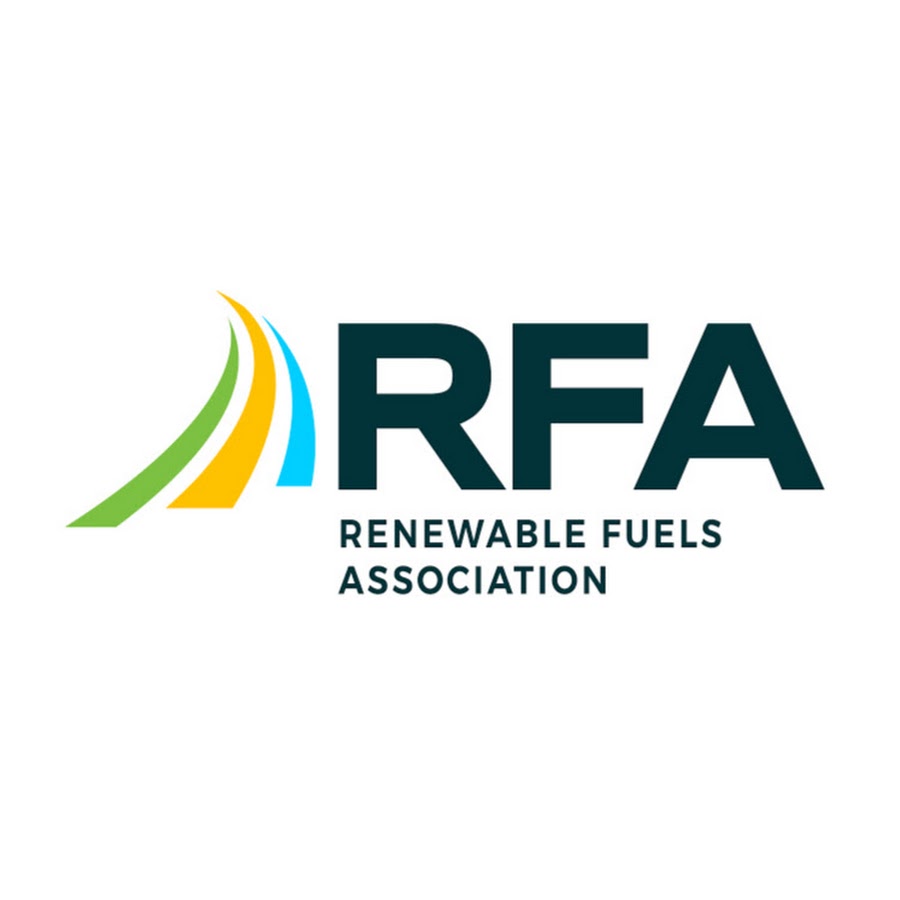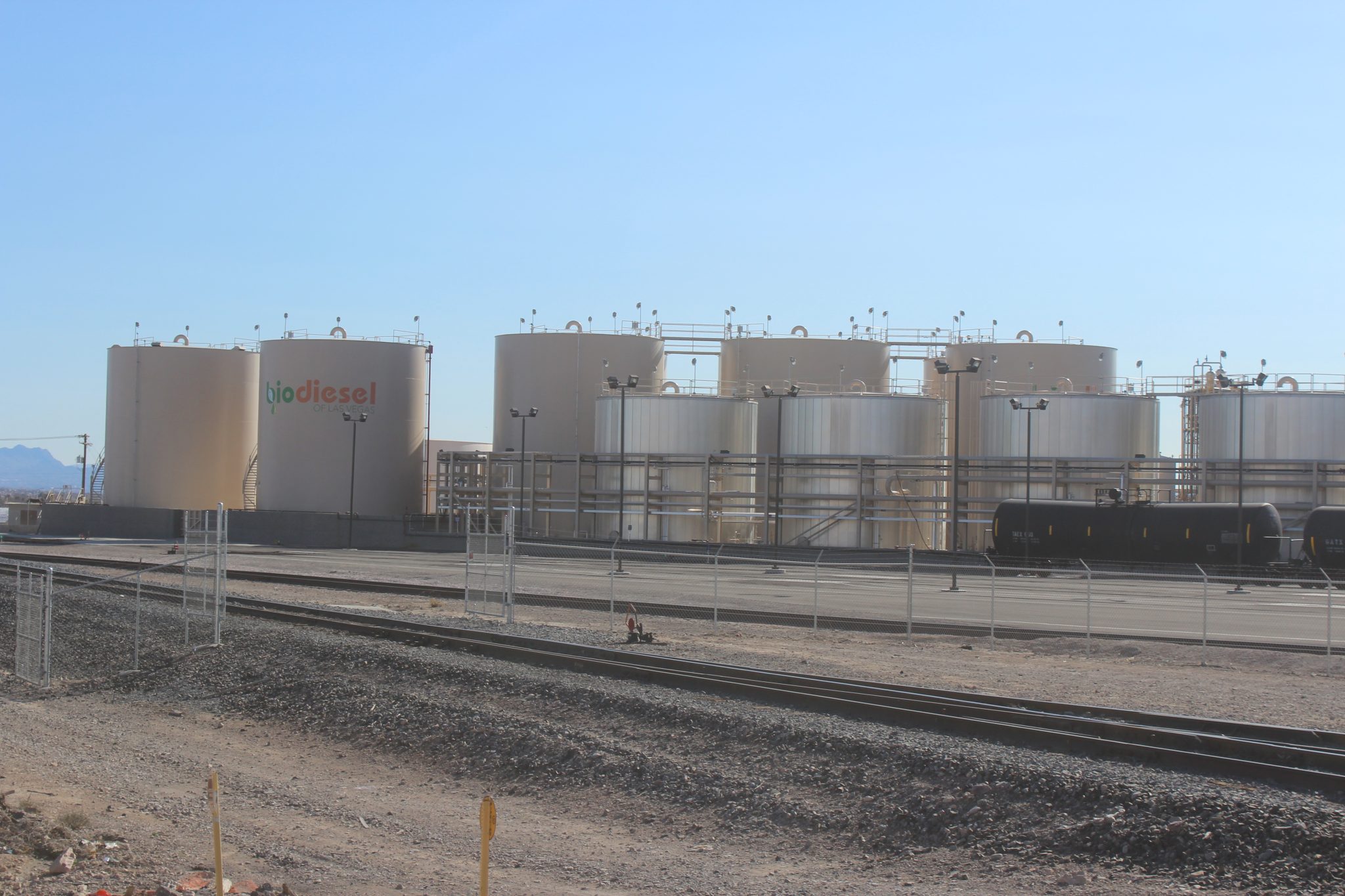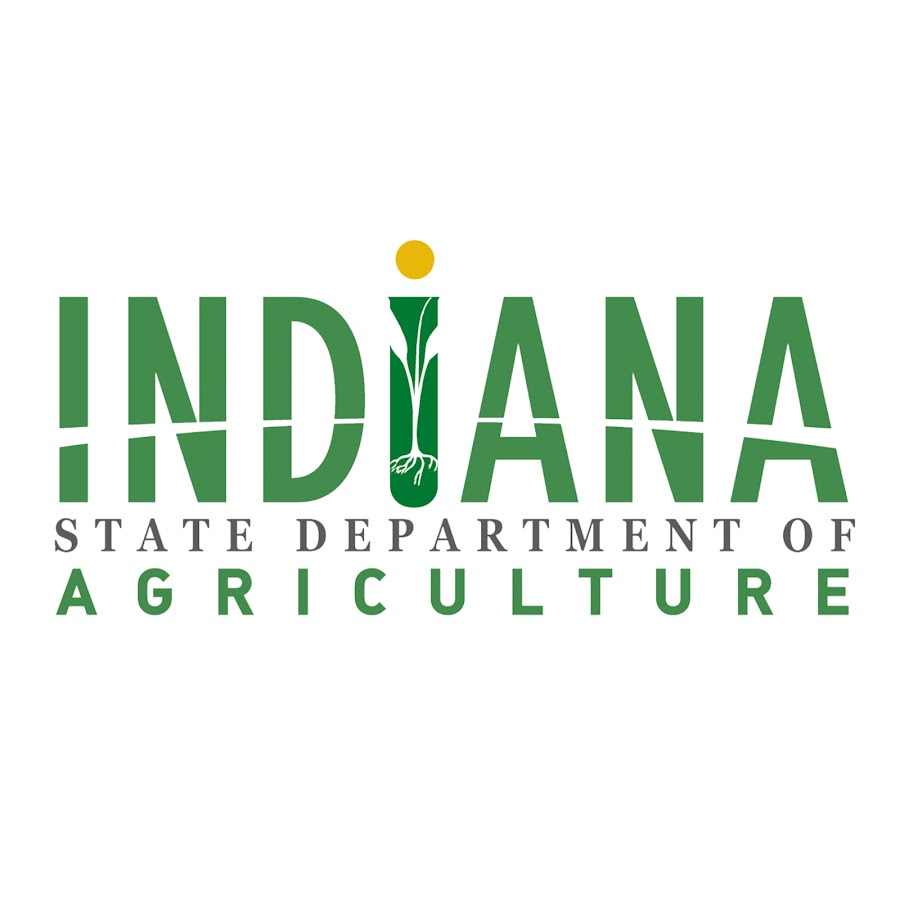Biofuels produced from soybeans and corn grown on farms across Indiana and processed here in-state are an immediate solution to providing Hoosiers economic relief at the pump and lowering greenhouse gas emissions. Each year around 1.4 billion gallons of ethanol and 100 million gallons of biodiesel are produced in the state. These renewable fuels offer major markets for Indiana’s corn and soybean farmers. Both agriculture and the renewable fuels sectors bring benefits to the state.
Jump to Ethanol – Jump to Biodiesel – Jump to Sustainable Aviation Fuel
Ethanol
Corn-based ethanol is a homegrown, high-octane fuel that is better for the environment, contributing up to a 50% reduction in greenhouse gas. Higher blends of fuel also lowers gas prices. Indiana ranks 6th in the nation in the production of ethanol and produces 7% of the nation’s ethanol.
$3.7 billion of ethanol
and distillers grain is produced each year.
Indiana’s ethanol production supports nearly 41,500 direct
jobs annually.
Ethanol contributes
$3 billion to
household incomes.
- Indiana’s 15 biorefineries make an estimated 1.4 billion gallons of ethanol each year. Bioproducts of ethanol include distillers corn oil, which is used to make biodiesel and renewable diesel, and dried distillers grains used for animal feed.
- One bushel of corn produces around 3 gallons of ethanol.
- In 2023, 43% of Indiana’s corn crop went into Indiana ethanol production.
- The value of Indiana corn exported through ethanol is $217.8 million.
- Along with U.S. use of ethanol, 1.43 billion gallons of U.S. ethanol were exported to more than 75 countries in 2023. This equals 477 million bushels of corn.
- Across the state, 288 stations offer E85. Ninety-three stations offer E15. Indiana Corn Marketing Council offers a retailer grant program for new infrastructure supporting E85 and E15.
Ethanol Resources

Fact Sheet: Value through Renewable Fuels
Download our Fact Sheet to learn more about the value renewable fuels has to offer.

Ethanol Impact in Indiana
Learn about ethanol’s impact in Indiana from the Renewable Fuels Association.
External Resource
Biodiesel
Biodiesel is a clean-burning alternative fuel produced from domestic, renewable resources, such as soybeans right here in Indiana. Indiana produces more than 100 million gallons of biodiesel annually, which has positive environmental and economic impacts for our soybean farmers and wider communities. Indiana is tied as the 6th largest biodiesel-producing state and produces 5% of the nation’s biodiesel.
Indiana’s biodiesel production supports
$1.85 billion in
economic activity.
Indiana’s biodiesel production supports 4,500+ full-time jobs.
Biodiesel lowers the
price at the pump by 4%.
- Indiana has one biodiesel plant that contributes 820 jobs and $134 million in economic activity.
- The Clean Fuels Alliance America reports that increased demand for oil for biodiesel boosted prices for soybeans by 63 cents per bushel. In 2019, Indiana’s 273 million bushels increased in value by more than $171 million due to biodiesel. Increasing value for Indiana-produced soybeans benefits the state’s economy.
- The Indiana Soybean Alliance and the American Lung Association collaborate with the B20 Club of Indiana. The club recognizes and supports Indiana-based fleets running on biodiesel blends of 20% or higher. Since the inception of Indiana’s B20 Club, 9.4 million gallons of B20 have been used and 16,800 tons of CO2 reduced by its members. That’s equivalent to removing 75 semi-trucks off the road for a year.
- The Clean Fuels Alliance America’s Biodiesel Retailers map shows 71 retailers offering biodiesel blends above B5 in Indiana, which is approximately 3% of stations.
- Biodiesel and renewable diesel made from soybeans reduce greenhouse gas (GHG) emissions by 70% compared to petroleum diesel as reported by Clean Fuels Alliance America.
Biodiesel Resources

Fact Sheet: Value through Renewable Fuels
Download our Fact Sheet to learn more about the value renewable fuels has to offer.


Indiana Biodiesel Report
Download our 2020 report showing the economic impact of biodiesel.



Fact Sheet: Biodiesel Impact on Indiana
Download fact sheet on biodiesel’s impact in Indiana from the Clean Fuels Alliance.
External Resource



Clean Fuels Alliance America
Clean Fuels serves as the industry’s central coordinating entity for technical, environmental and quality assurance programs
Sustainable Aviation Fuel
What is Sustainable Aviation fuel?
Sustainable aviation fuel (SAF) is a type of aviation fuel that is produced from renewable and sustainable sources like plants, algae or waste, in contrast to traditional fossil fuels. SAF is designed to reduce greenhouse gas emissions and minimize the environmental impact of aviation. SAF can be blended with conventional jet fuel and used in existing aircraft engines without requiring any modifications.
Why are airlines interested in Sustainable Aviation Fuel?
Aviation provides a large fuel market that currently has no feasible prospects for electrification. U.S. airlines consumed roughly 16.7 billion gallons of fuel in 2022, and consumption totals for 2023 are projected to be higher (BTS, 2024). Airlines are experiencing pressure to reduce green-house gas emissions. However, there are currently no commercially viable electric airplanes. The energy demands of commercial cargo and passenger jets are simply far too great for contemporary battery technology. As a result, airlines and regulators are pushing for alternative liquid fuels that have lower emissions than petroleum jet fuel. (Illinois FarmDoc Daily)
Why are Sustainable Aviation Fuels important to Indiana corn and soybean farmers? The production of SAF provides a new market opportunity for corn and soybean farmers, allowing farmers to diversify their revenue streams. SAF can be produced from a variety of feedstocks, including oils derived from soybeans and ethanol produced from corn. As the demand for SAF grows, so does the demand for these feedstocks, providing farmers with a stable and potentially lucrative market for their crops.
Learn more about studies and statistics related to Indiana agriculture. Please CONTACT US if you can’t find the resources you’re seeking, and we will work with you to find answers to your questions or connect you to someone who does.

